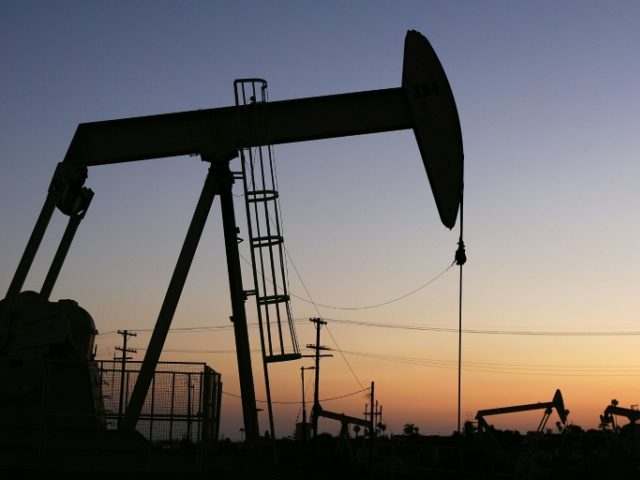Be careful what you wish for.
The Biden administration has been pressing for lower oil and gasoline prices. Now it looks like it may get them—good and hard.
Oil prices plunged on Tuesday thanks to growing concerns that a global economic slump will cut demand for petroleum.
The U.S. benchmark, West Texas Intermediate crude, fell below $100 a barrel to $99.16, a decline of 8.25 percent. At one point it was down more than 10 percent to $97.43.
This is the first time the WTI futures contract has traded under $100 since the second week in May.
The international benchmark fell 9.7 percent to $102.57 a barrel.
China’s economy appears to be underperforming the growth targeted by that country’s communist regime. Many of the economies in Europe on teetering on the edge of recession. The U.S. economy may have contracted for a second consecutive quarter in the April through June period, a yardstick many use to measure recessions.
Analysts at Citi said in a recent client note that an economic downturn could push oil down to $60 a barrel.
Others are skeptical that a recession would do much to reduce the price of oil and warn that a global shortage of supply is likely to persist, keeping prices high.
“Financial markets are trying to price in a recession. Physical markets are telling you something really different,” Jeffrey Currie, global head of commodities research at Goldman Sachs, said in an interview on CNBC Tuesday. “It’s the tightest physical market ever on record.”
Currie said that Goldman is sticking to its $140 a barrel for oil, which would translate into $5 a gallon for gasoline and $6 for diesel.

COMMENTS
Please let us know if you're having issues with commenting.